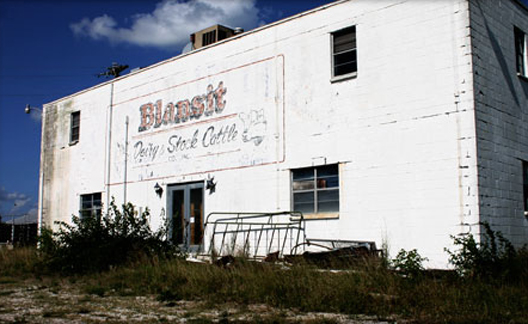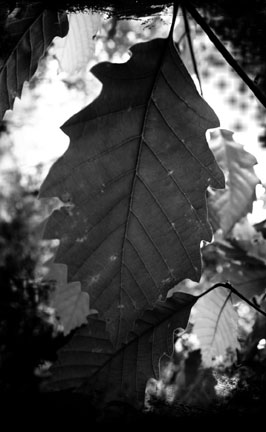Sale Barns
by Dale Grubaugh
What facebook is in today’s “cyber” society, the livestock salebarn was to the Ozarks farmer.
Naturally, the salebarn was where ya went to buy and sell livestock but it was much more than that.
It was the community gathering place.
Folks went to the salebarn to visit and catch up on the latest news — and sometimes gossip. Folks would talk about crops and weather, youngin’s and kinfolk, the sick and the dying.
It was information central.
Some years ago, I was pastor at Highlandville, Missouri.
Highlandville didn’t have a cafe or coffeeshop back then. The only place to set and chat with folks was at Blansit’s Sale Barn over at Selmore.
I hadn’t been inside a salebarn in years but the moment I stepped through the door, it was like comin’ home for Christmas.
The smells and sounds of that salebarn were exciting to a country boy like me. The aroma of fresh bovine fertilizer (that would be cow manure, in case you were wondering) mingled with hay and sweet feed was pure heaven.
The bawlin’ of cows and calves, the shouts of the herders and the chant of the auctioneer was sure purdy music.
There were times I went just to sit and listen and be transported back to my childhood on the farm.
It was sure a pleasin’ time.
During my first visit at Blansit’s, something happened that nearly cured me of going back.
I had agreed to meet some friends from over around Wheelerville who were coming to sell some cows.
Now, I have the tendency to talk with my hands and we were a'sittin' in the middle of the arena.
I was a’talkin’ right per ’bout something and all of a sudden the missus reached over and shoved my hands down in my lap and told me to stop. I asked her what was wrong.
“You're bidding on that cow!” she said.
The auctioneer had mistaken my flailings fer biddin’ signs and I had run the bid up to $1,600. I broke out in a cold sweat.
Fortunately, there were folks there who wanted that cow a whole lot worse than I did.
When the bid came back to me, I was panic struck.
My friends told me to just shake my head no. I did and the cow was sold to someone else.
It was close. Even if I had figured out a way to pay for it, that critter would have looked funny ridin' home in the backseat of my Camaro.
From then on, I kept my hands in my pockets (or my conversation restricted to the restaurant).
I soon became a regular face at the sale barn and the auctioneer finally figured out I wasn’t there to buy cow critters. I was there to meet people and make myself known as the local pastor.
The food put out by the restaurant was nothin' fancy but it sure was good.
The made some of the finest hamburgers anywhere around and their homemade pies were not to be beat. The coffee was hot and always fresh.
A lot of folks would go there just for the meal and never step inside the sale arena.
Blansit’s Sale Barn closed some years ago but the building and holdin' pens are still there.
I drive past there two or three times a week and never fail to look over and remember some of those good times and the fine people I became acquainted with. It’s really kinda sad though.
That empty building is a reminder of how many of our Ozark farms are being sold off and made into subdivisions.
It stands as a monument to a way of life I fear is too quickly fadin’ into the past.
I realize it would be nigh on impossible fer a body to buy a farm at today’s land prices and make a go of it raisin’ cows.
No wonder there are so many houses standin’ where cows used to graze.
I guess it’s more than kinda sad.
’Till next time,
Elias Tucker
August 8, 2010
plate 1. Blansit Sale Barn, Christian County, Missouri.
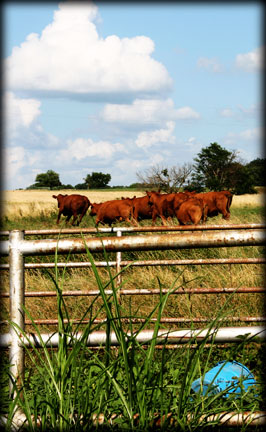
plate 2.
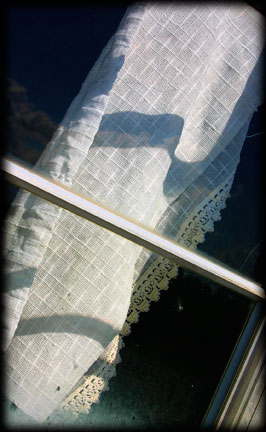
plate 3.
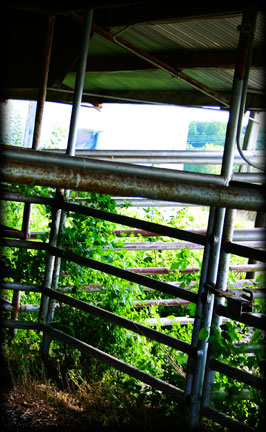
plate 4.

plate 4.
About the columnist:
Dale Grubaugh, writing as “Elias Tucker from The Holler” is a valued contributor to State of the Ozarks. He is a man who loves his Ozark culture deeply.
As a Southern Baptist preacher and pastor, Dale has dedicated his life to the people of these hills.
Also, he has worked hard in many facets of the Branson show industry. And he has lived the Ozarks, fishing, hunting, appreciating the wilds that are so close — but so closely forgotten.
— Joshua Heston, editor
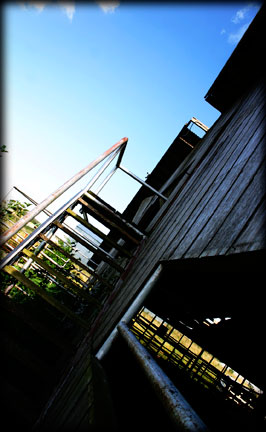
plate 5.
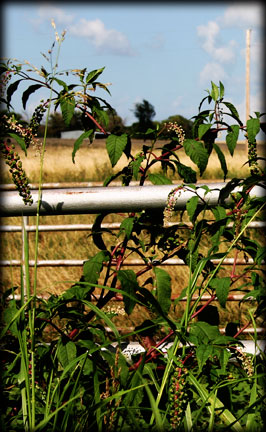
plate 6.
